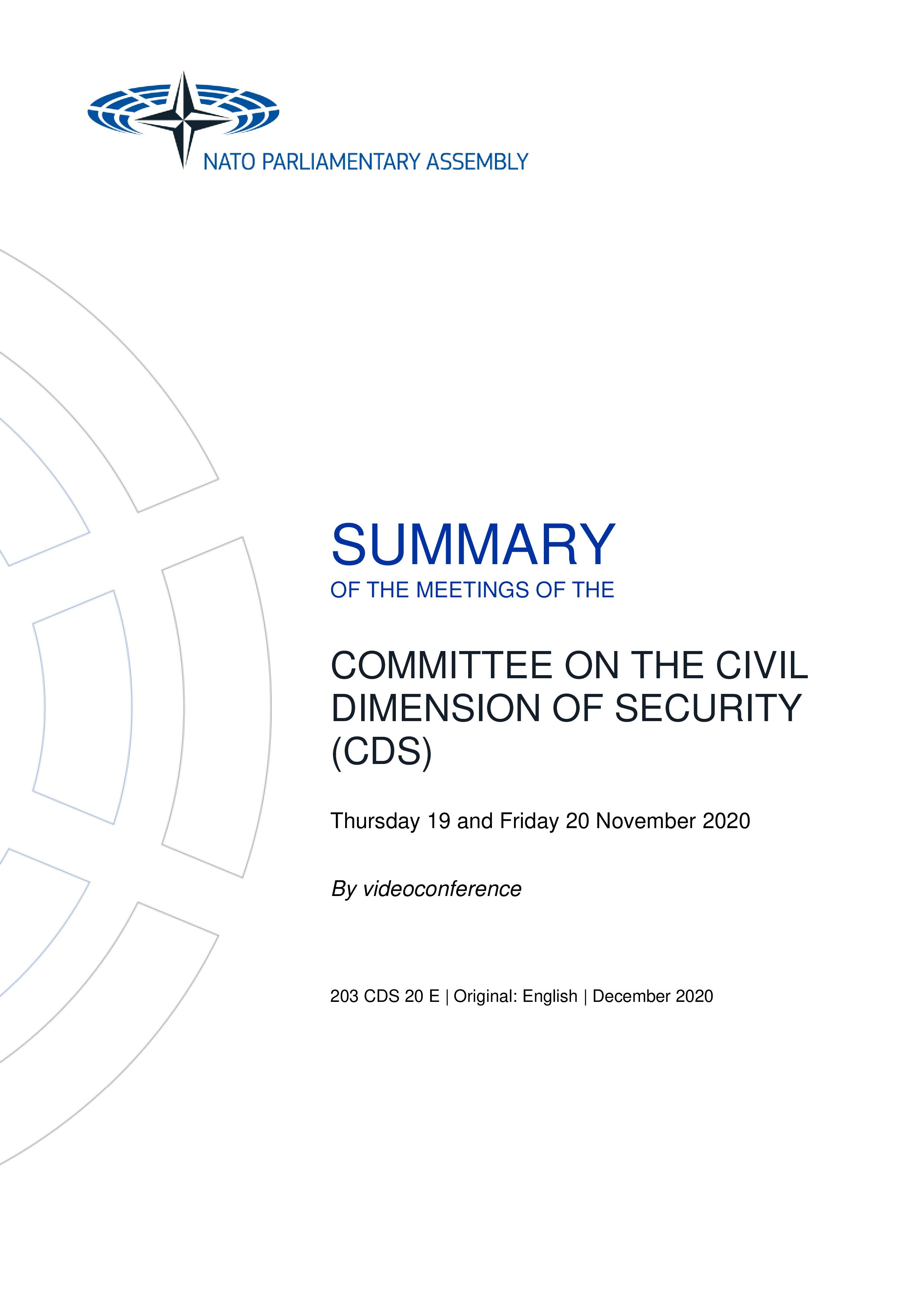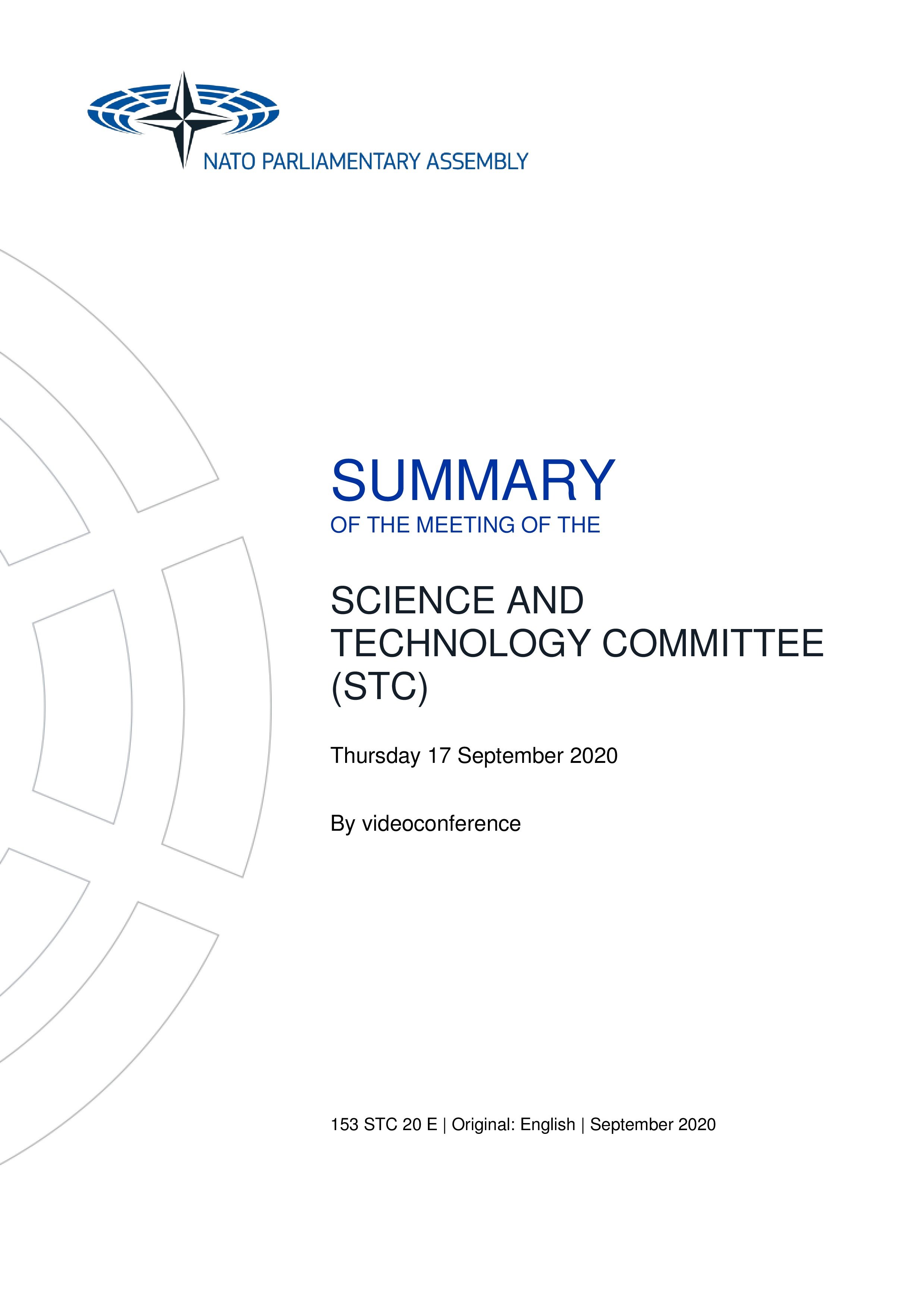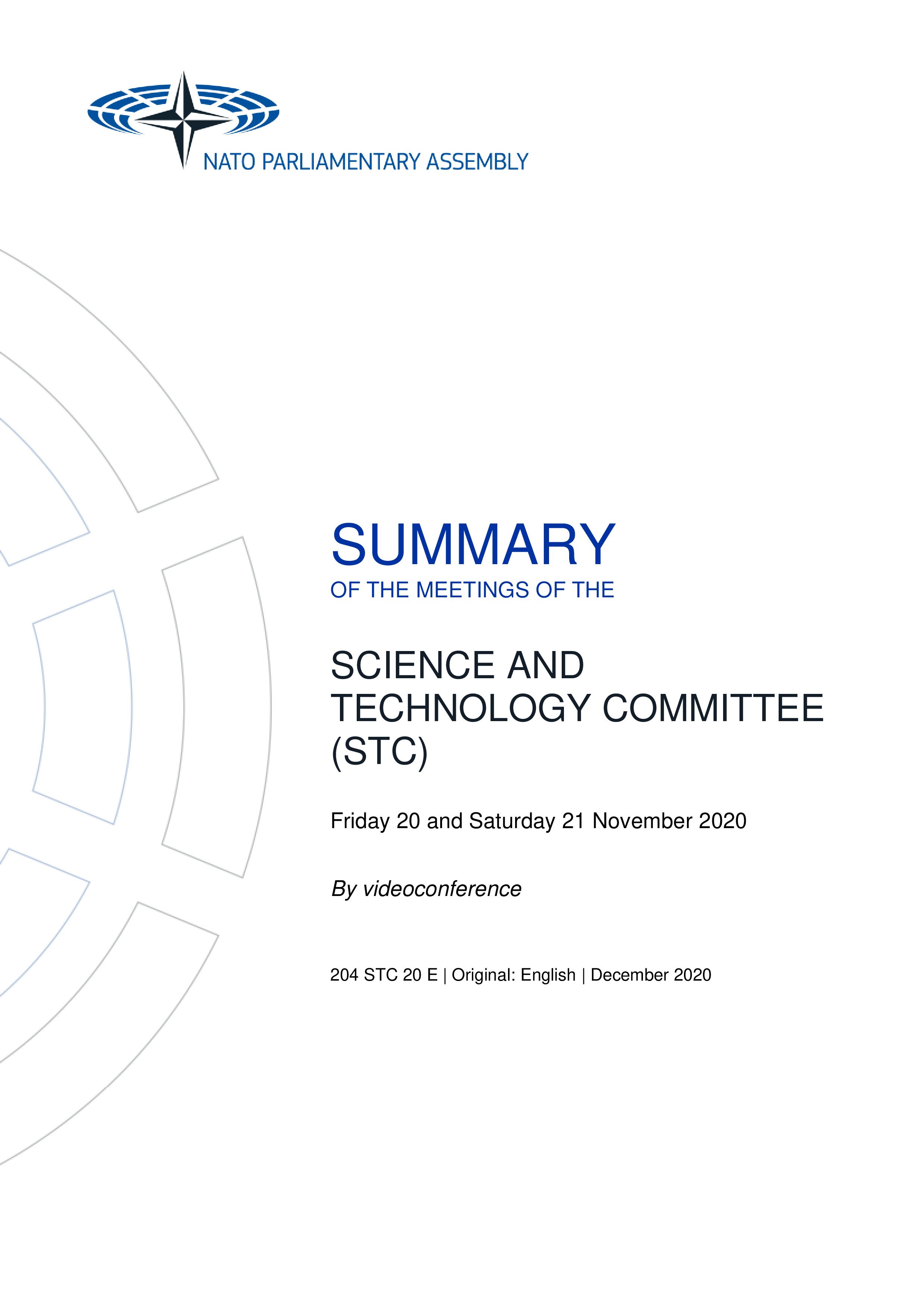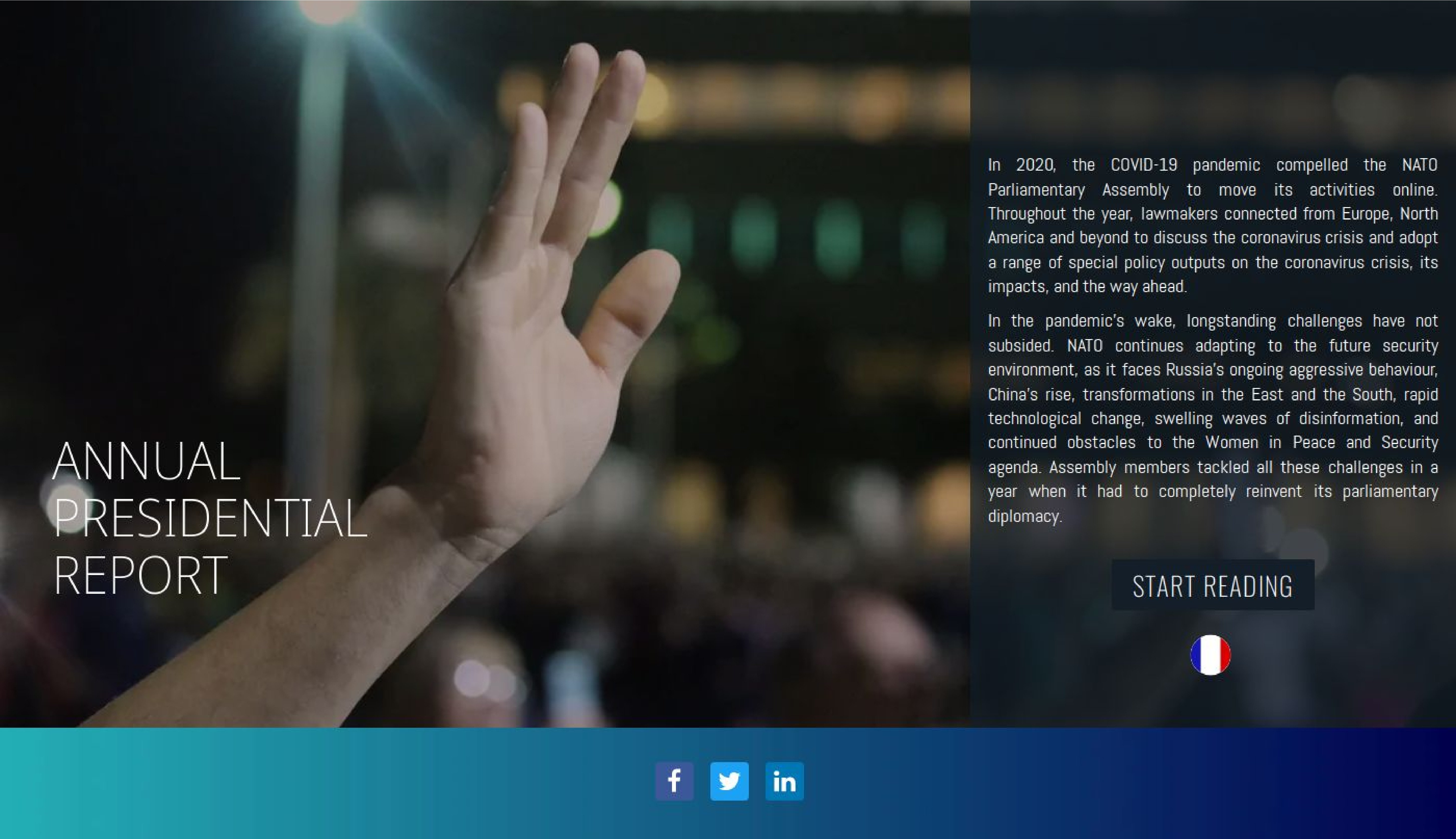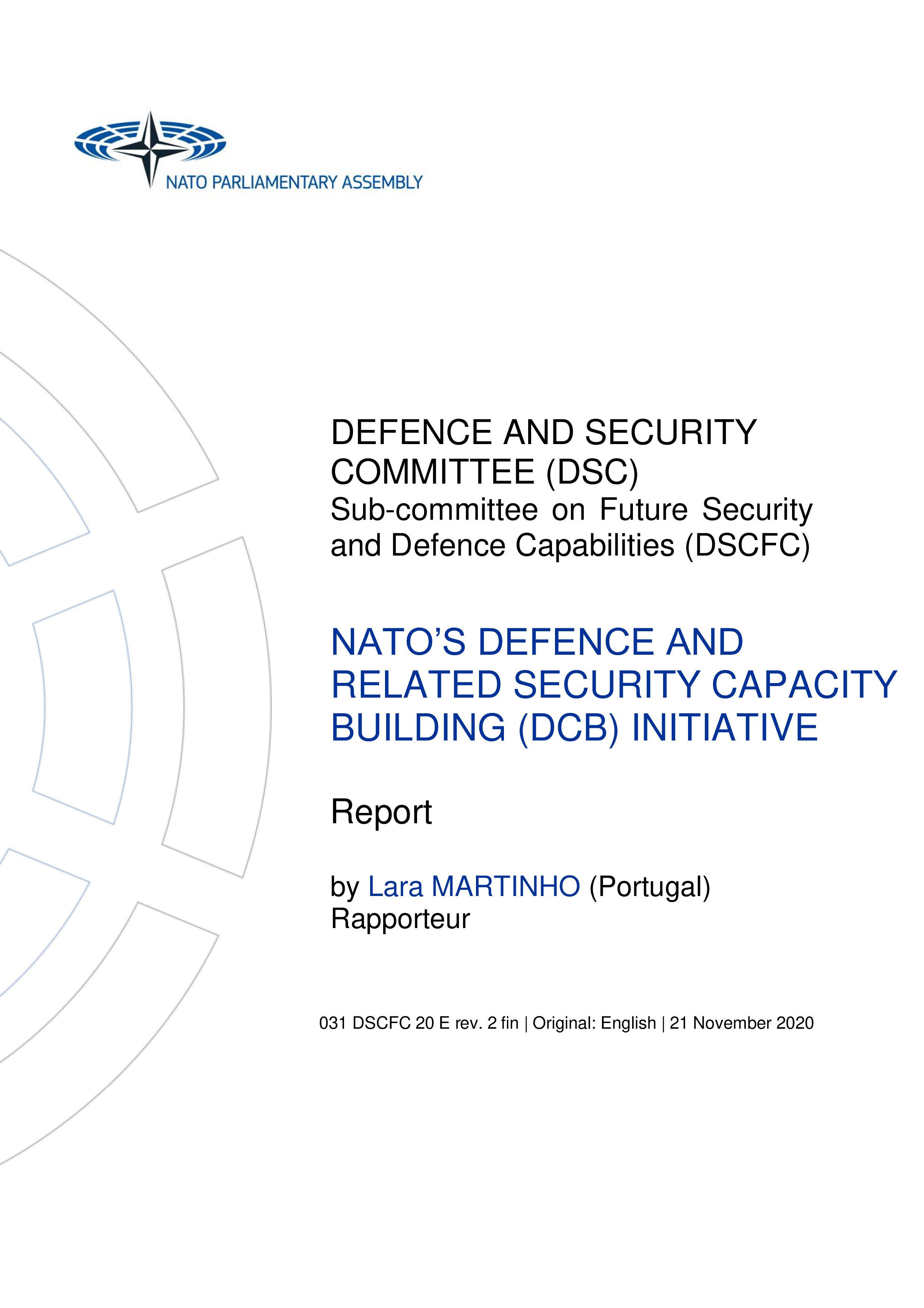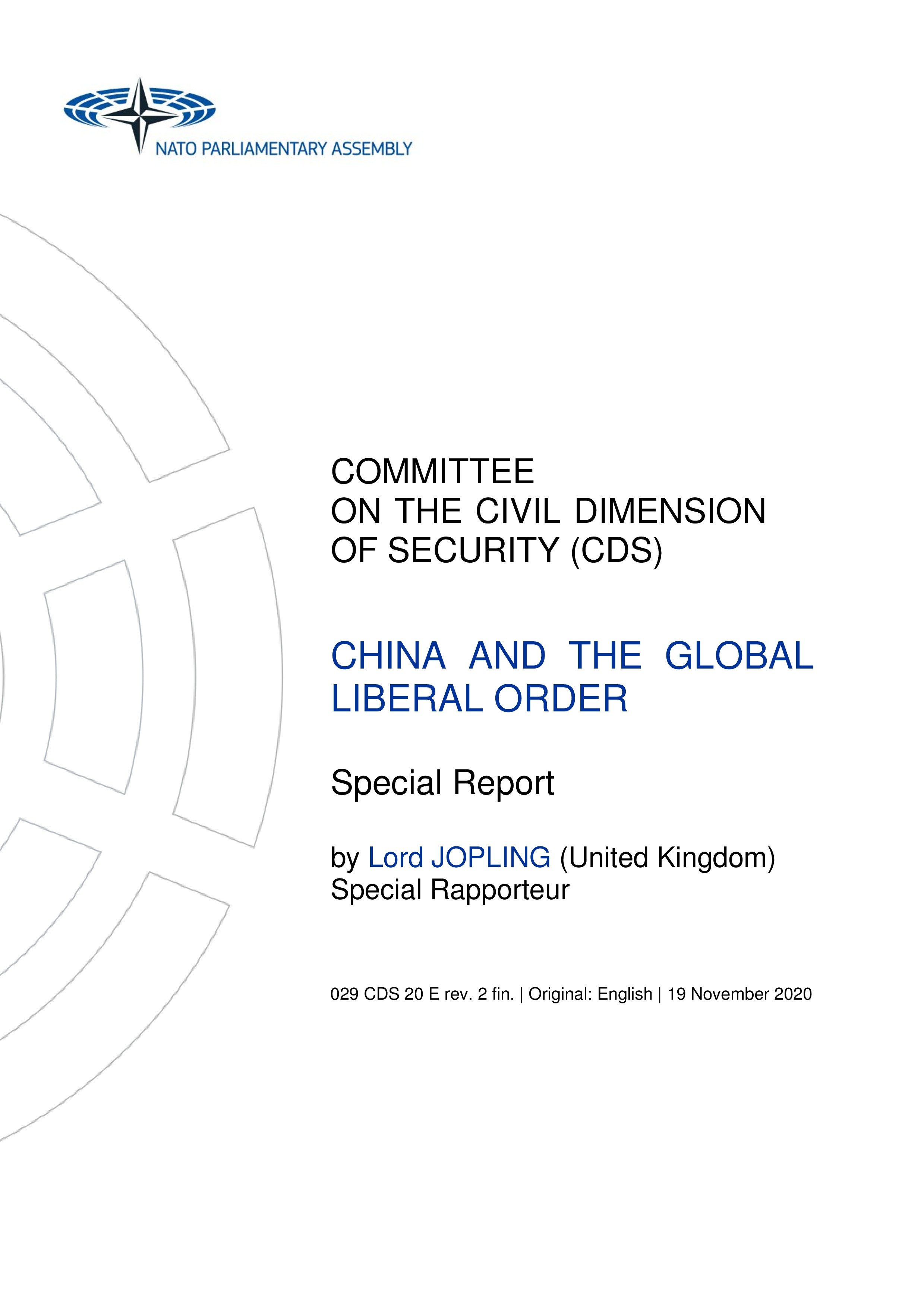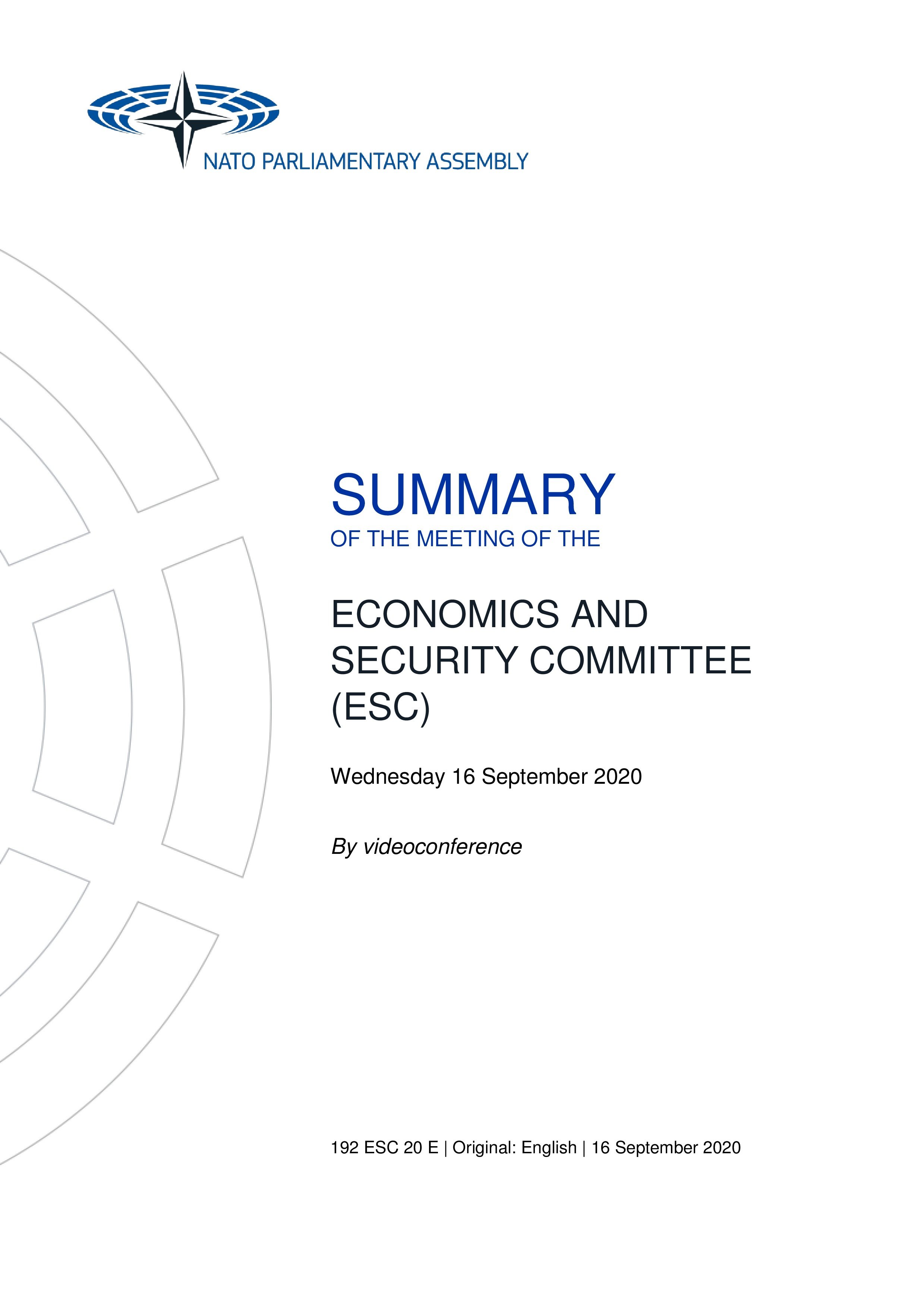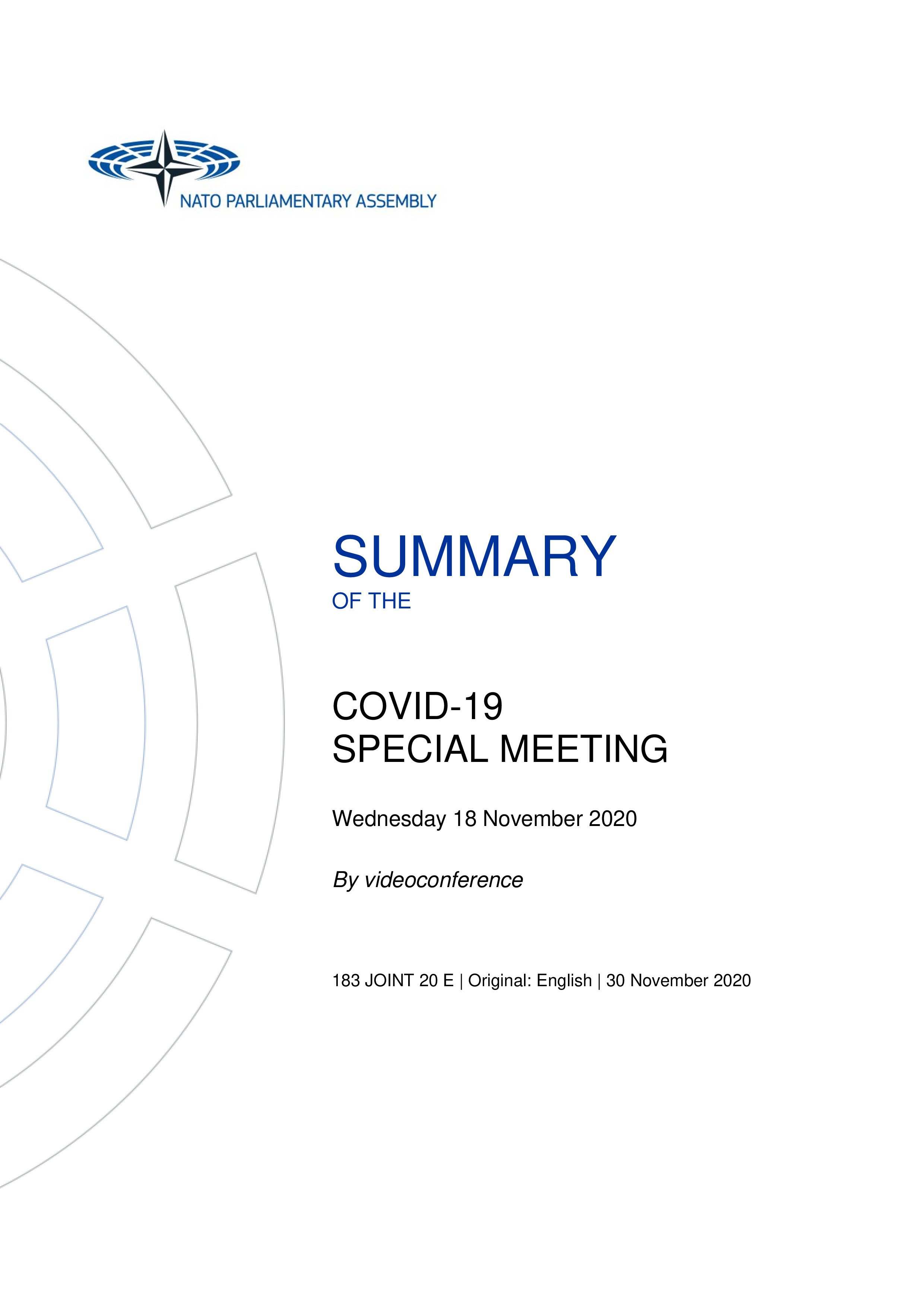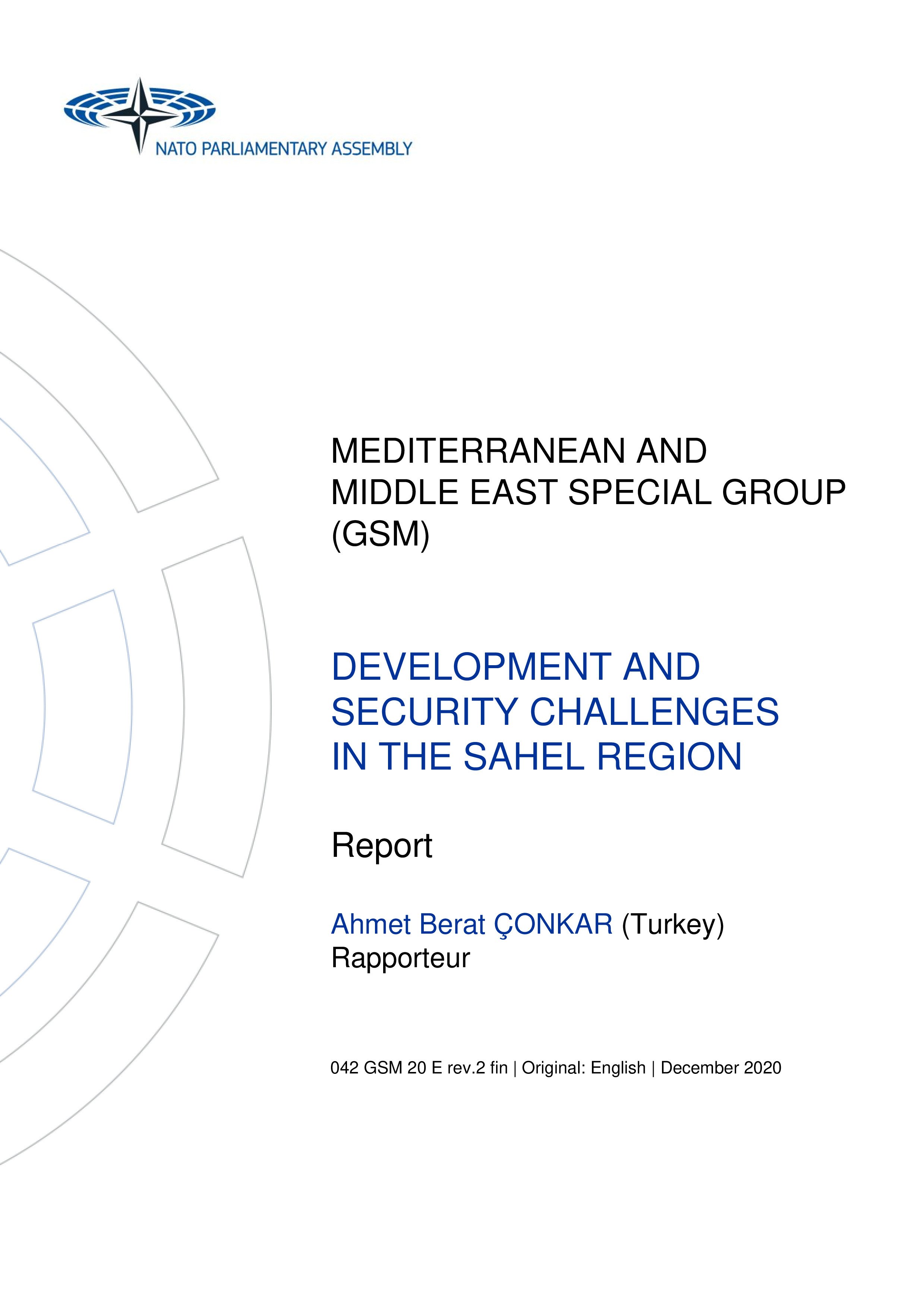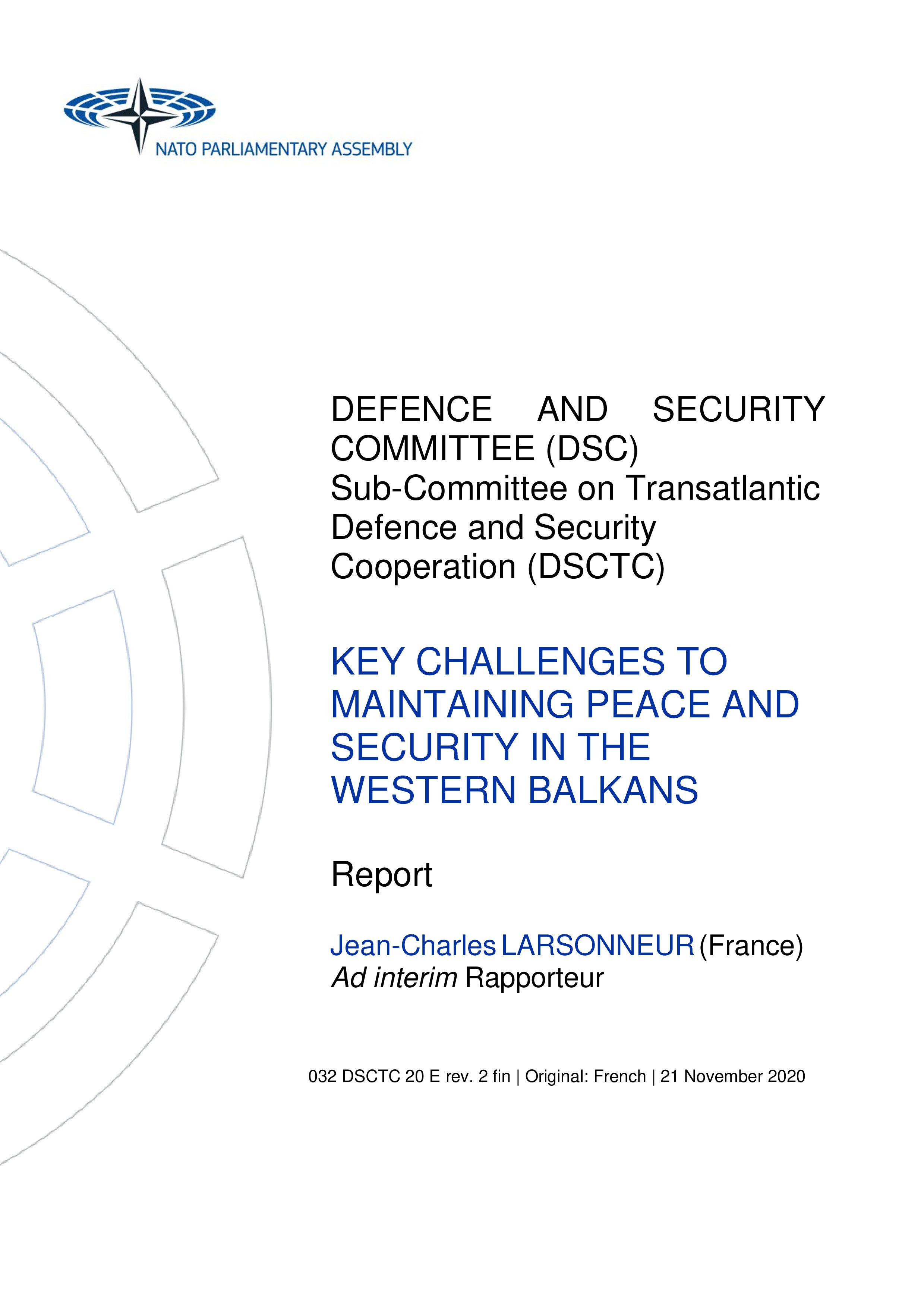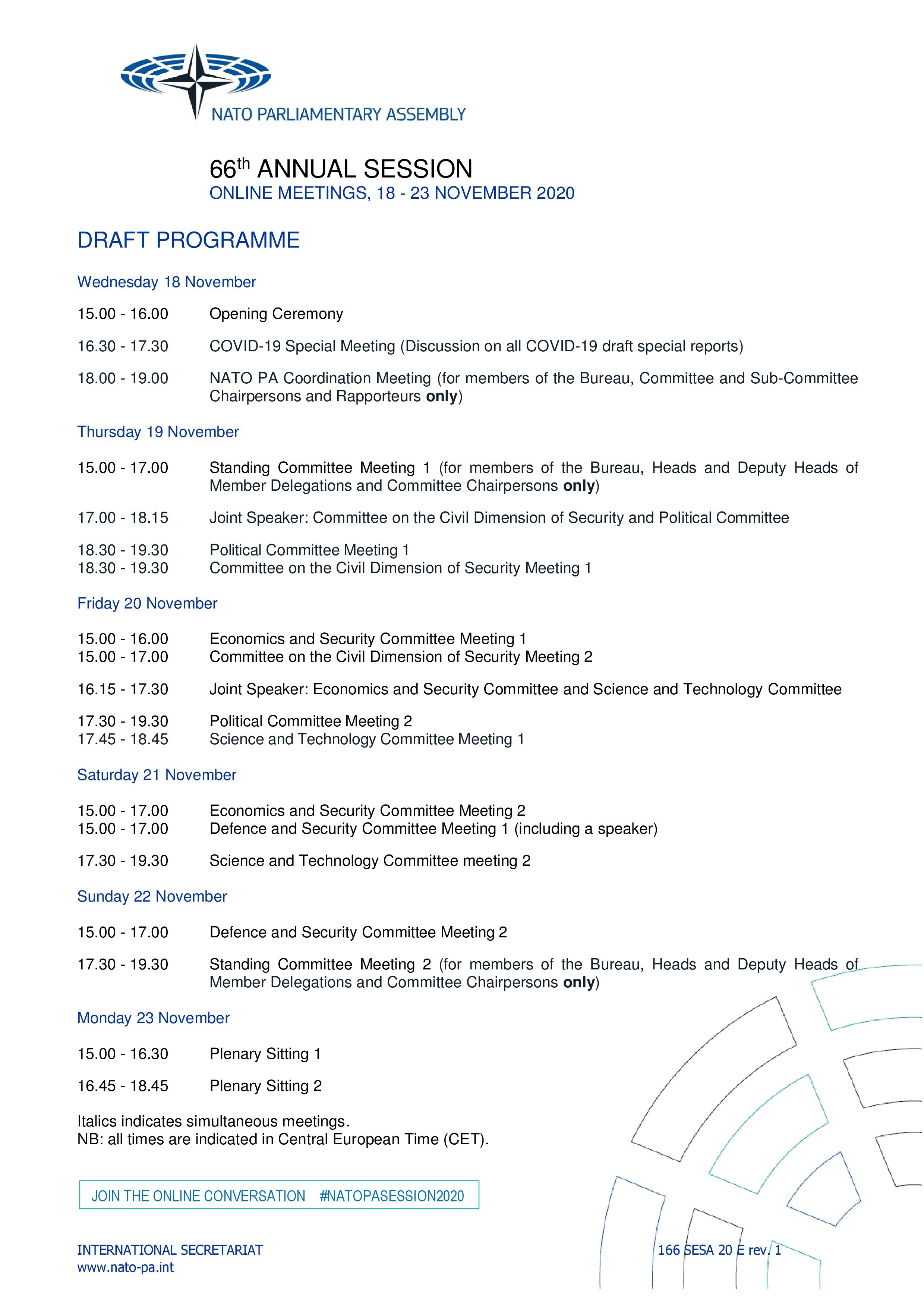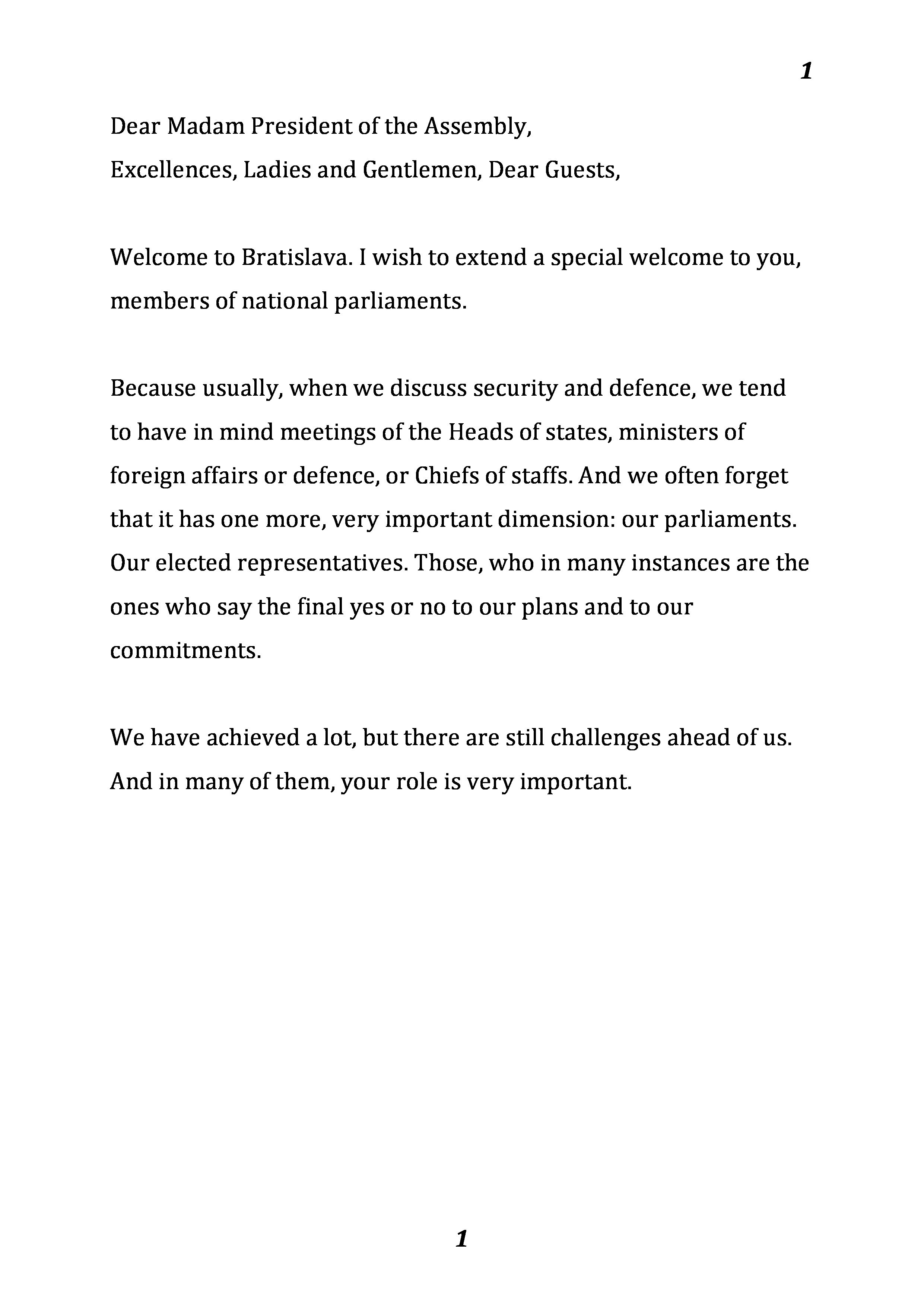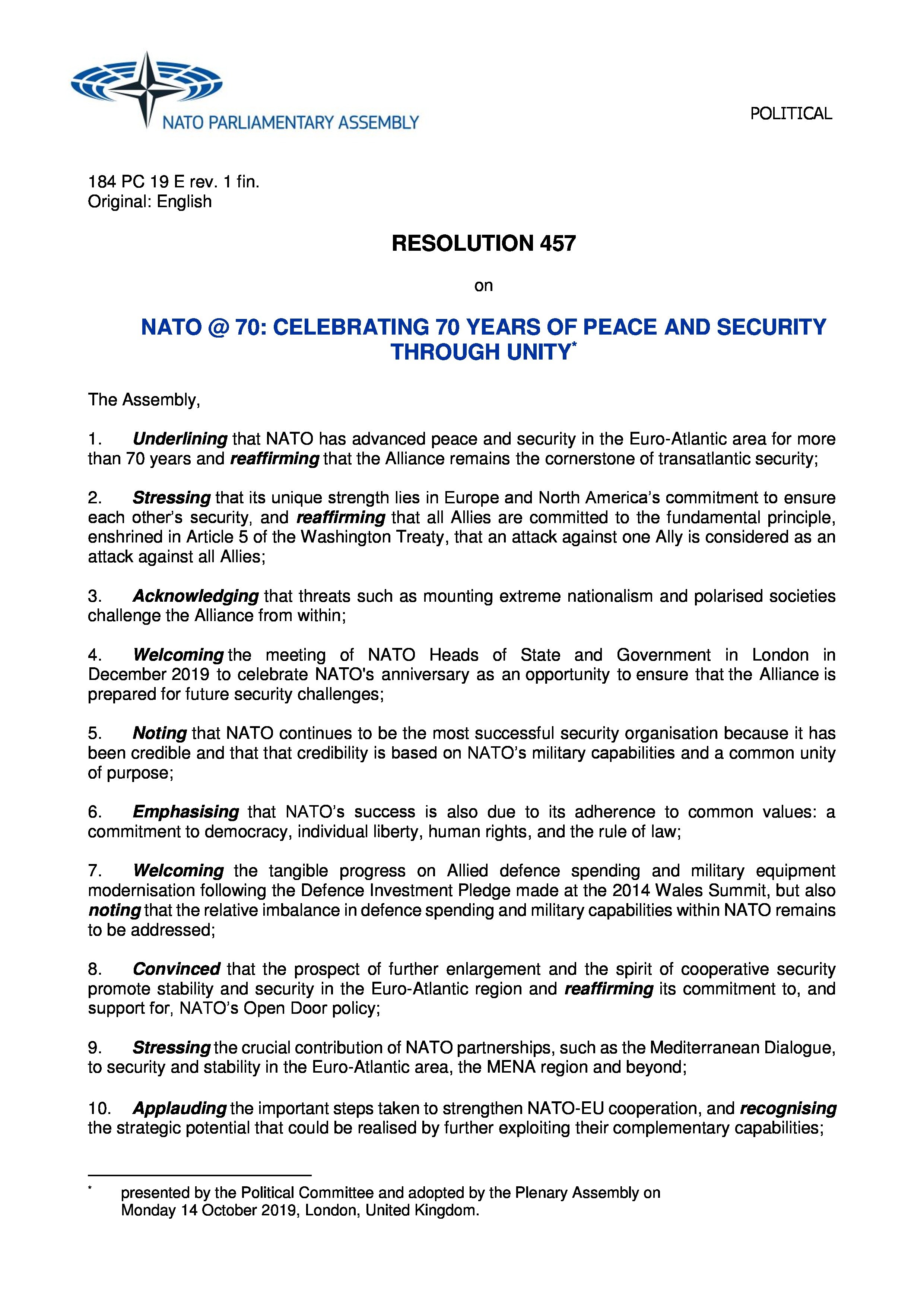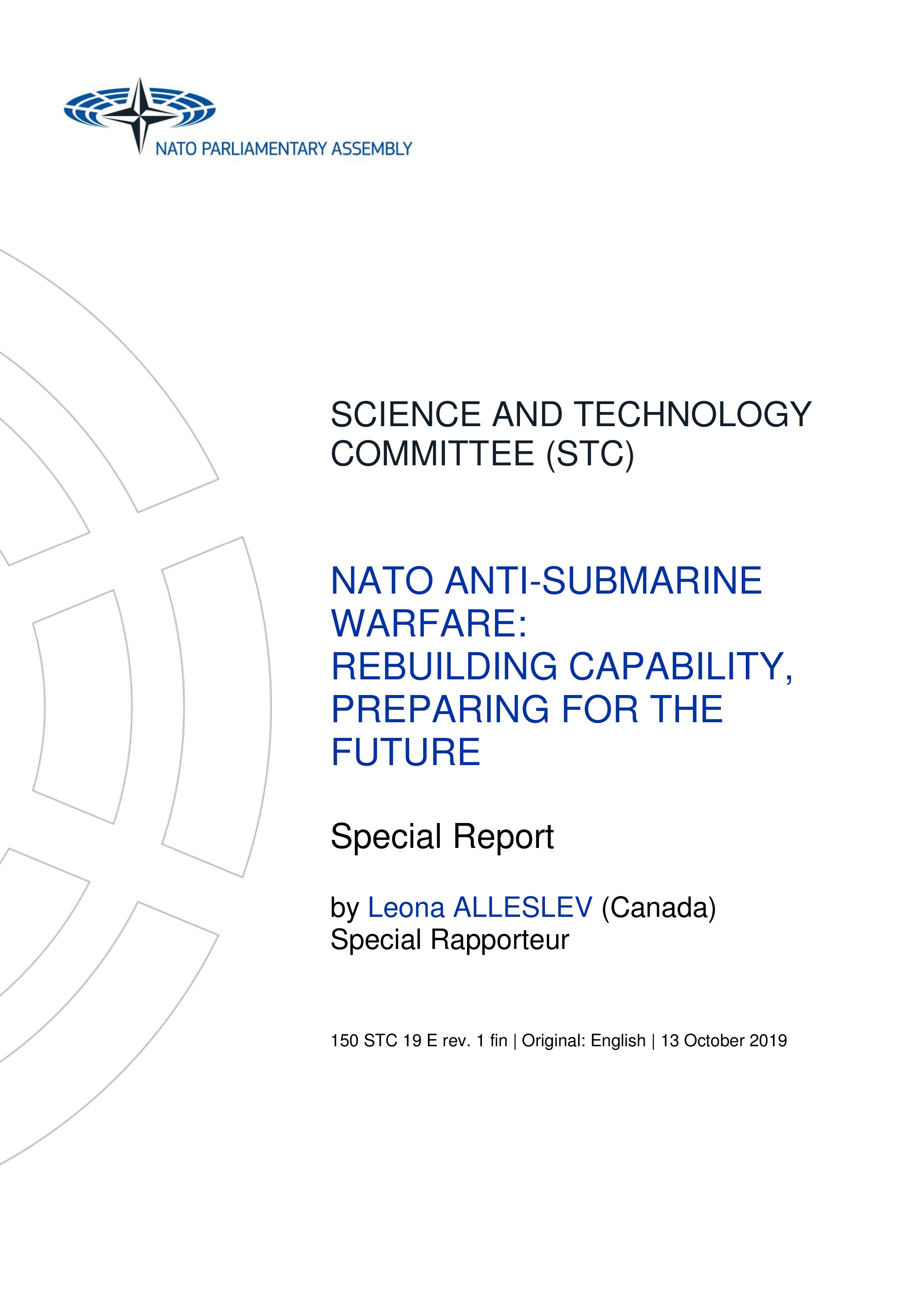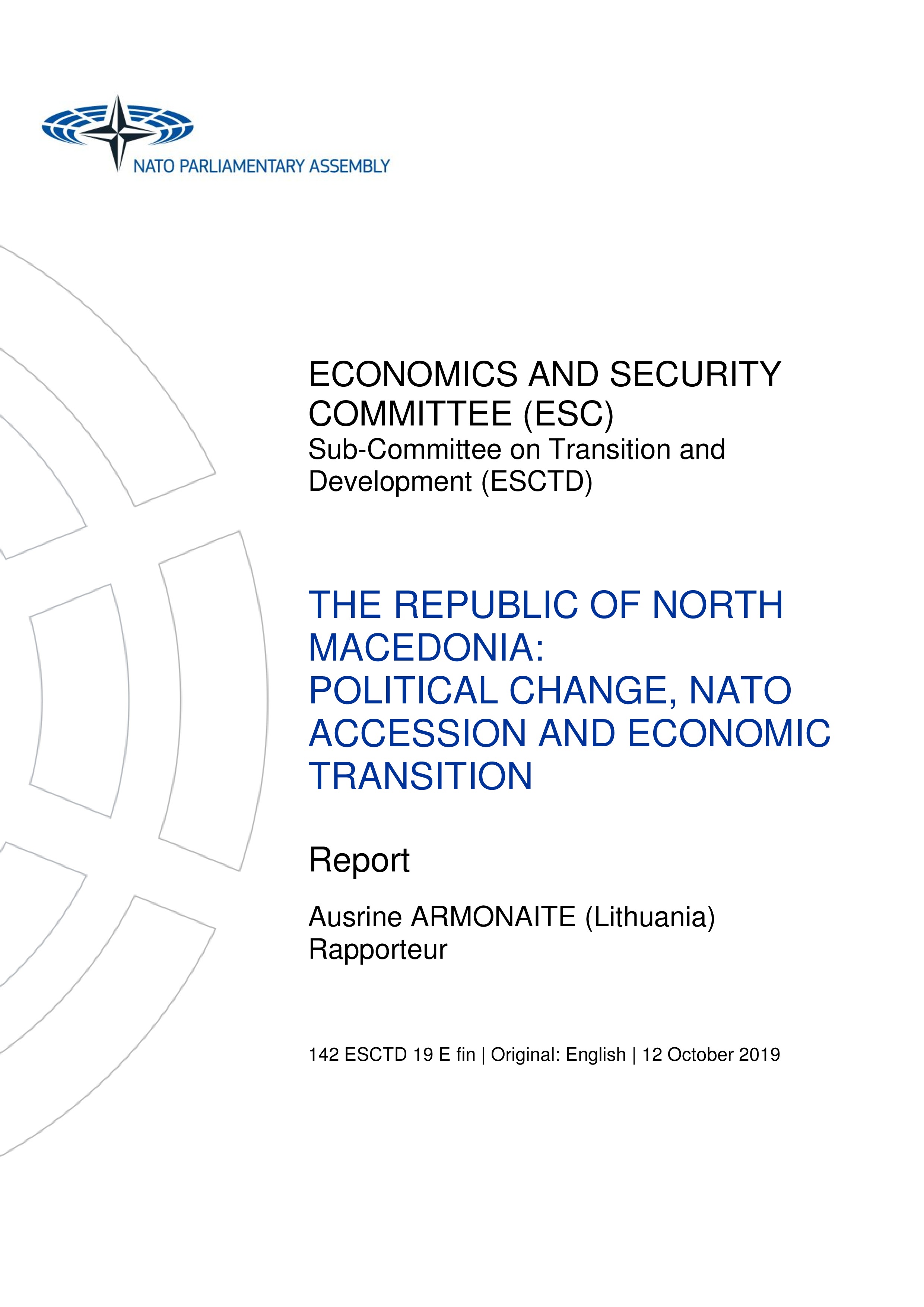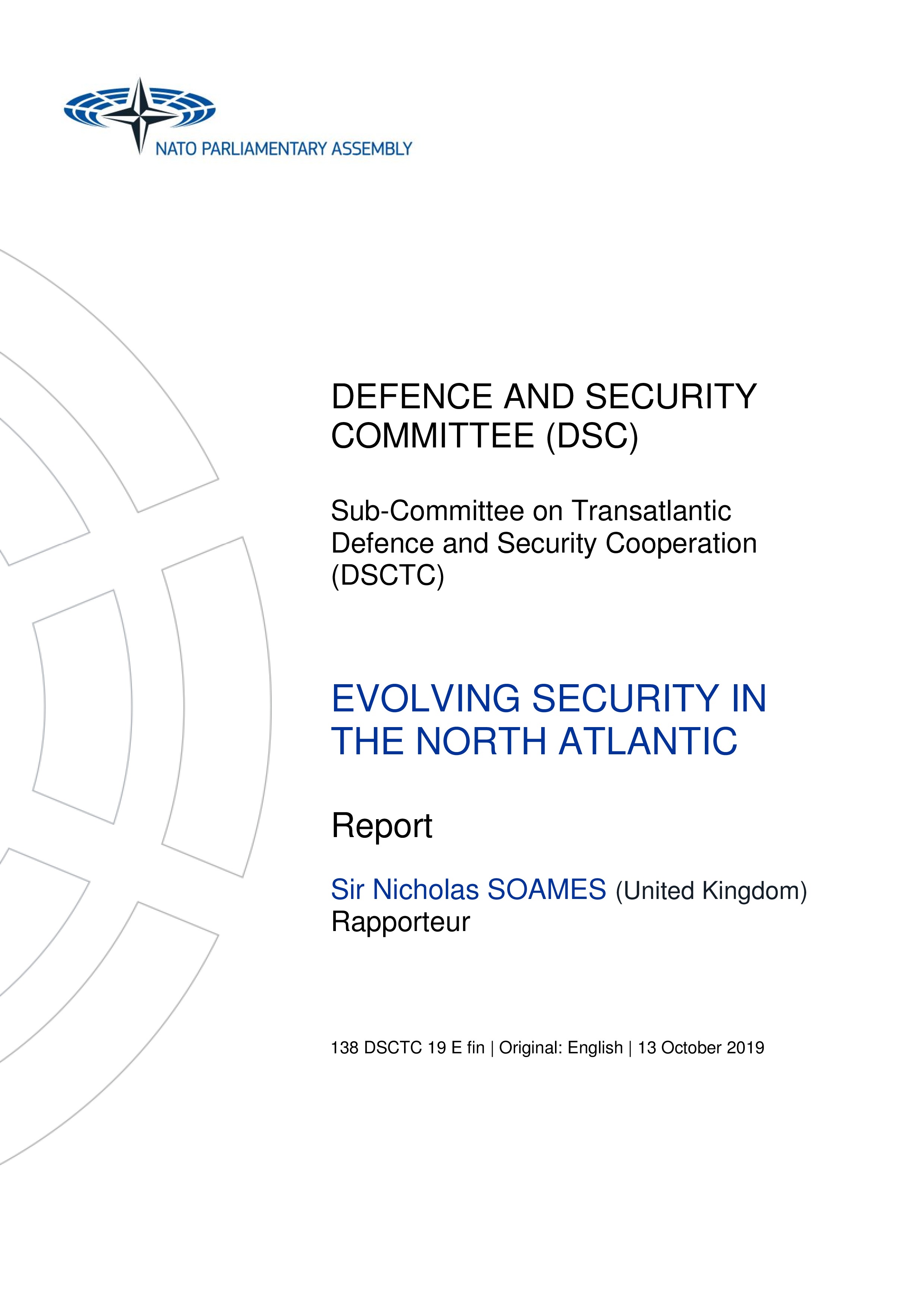Latest documents
-
2023 - REPORT - RUSSIA'S WAR AGAINST UKRAINE: STRATEGIC IMPERATIVES FOR NATO
2023 - REPORT - RUSSIA'S WAR AGAINST UKRAINE: STRATEGIC IMPERATIVES FOR NATO
Tomas VALASEK (Slovakia) - GENERAL REPORT
If Putin’s Russia manages to achieve some of its objectives in Ukraine by the use of brutal force, it could de facto upend the post-WWII world order, based on the UN Charter and a network of international conventions and institutions. A much more volatile Europe with few, if any, universally agreed…
Committee Reports -
2023 - REPORT - SEA CHANGE: THE RAPID EVOLUTION OF BALTIC SECURITY AFTER RUSSIA’S INVASION OF UKRAINE
2023 - REPORT - SEA CHANGE: THE RAPID EVOLUTION OF BALTIC SECURITY AFTER RUSSIA’S INVASION OF UKRAINE
Jeroen VAN WIJNGAARDEN (Netherlands) - REPORT
Russia’s invasion of Ukraine unleashed the most violent and consequential conventional war on the European continent since World War II. The war sent immediate shockwaves that continue to resonate along the Alliance’s eastern flank, from the High North down to the Black and Mediterranean Seas. The…
Committee Reports -
2023 - REPORT - DEVELOPING FUTURE CAPABILITIES: ROBOTICS AND AUTONOMOUS SYSTEMS
2023 - REPORT - DEVELOPING FUTURE CAPABILITIES: ROBOTICS AND AUTONOMOUS SYSTEMS
Joe WEINGARTEN (Germany) - REPORT
The roles of Robotics and Autonomous Systems (RAS) for military forces are steadily growing. While their integration into existing military force structures remains an issue, they will be crucial for the development of future military capabilities. Uncrewed systems may militarise areas that were…
Committee Reports -
2023 - REPORT - PROTECTING CRITICAL MARITIME INFRASTRUCTURE – THE ROLE OF TECHNOLOGY
2023 - REPORT - PROTECTING CRITICAL MARITIME INFRASTRUCTURE – THE ROLE OF TECHNOLOGY
Njall Trausti FRIDBERTSSON (Iceland) - GENERAL REPORT
Critical infrastructure in the maritime domain facilitates the continuous delivery of basic services such as energy and communication, particularly the internet. The importance of these networks has dramatically increased in recent years, yet the responsibilities for protecting and regulating them…
Committee Reports -
2023 - REPORT - TROUBLED WATERS – HOW RUSSIA’S WAR IN UKRAINE CHANGES BLACK SEA SECURITY
2023 - REPORT - TROUBLED WATERS – HOW RUSSIA’S WAR IN UKRAINE CHANGES BLACK SEA SECURITY
Lord Mark LANCASTER (United Kingdom)
The Black Sea region (BSR) is a strategic fault line between the NATO Alliance and Russia. Except for Türkiye, the region came into the post-Cold War era profoundly unsettled about the strategic direction of its littoral states. The region’s east-west split resulted in a series of conflicts,…
Committee Reports -
2023 - REPORT - THE FUTURE OF NATO’S OPEN DOOR POLICY
2023 - REPORT - THE FUTURE OF NATO’S OPEN DOOR POLICY
Audronius AZUBALIS (Lithuania) - REPORT
The accession of new members since the end of the Cold War reinforced NATO as the world’s most successful military alliance and the pillar of transatlantic security. The future membership of current NATO aspirants – Bosnia and Herzegovina, Georgia, Sweden and Ukraine – would further expand the area…
Committee Reports -
2023 - REPORT - FOOD SECURITY AND CONFLICT: HARVESTING RESILIENCE IN THE FACE OF A GLOBAL CRISIS
2023 - REPORT - FOOD SECURITY AND CONFLICT: HARVESTING RESILIENCE IN THE FACE OF A GLOBAL CRISIS
Julie DZEROWICZ (Canada) - SPECIAL REPORT
The world is currently in the grip of an unprecedented food security crisis. A combination of complex and interrelated challenges has undone decades of efforts by the international community to eradicate hunger. Among these challenges, conflict continues to act as the main driver of food insecurity…
Committee Reports
